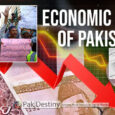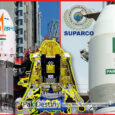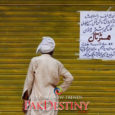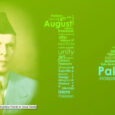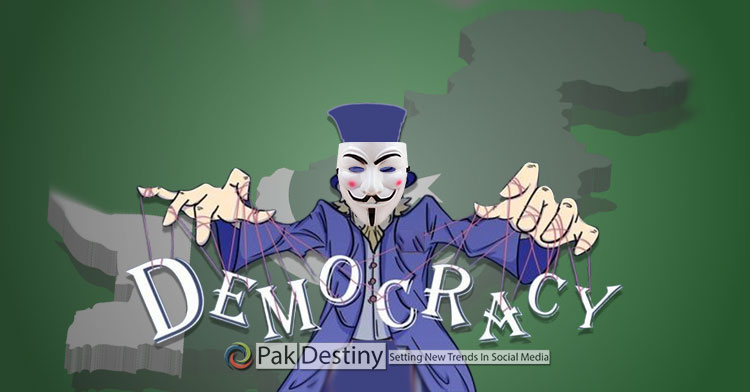
Ismaeel Qasim
As Pakistan heads into general elections 2024, it is imperative that the elephant in the room is addressed and answers to a few thought-provoking questions about the efficacy and conventional narrative of democracy in Pakistan be sought, especially in the context of the challenges that the country is faced with. Democracy is supposed to strengthen institutions, and empower individuals but is it really the case for Pakistan where claims of democratic functioning remain tall irrespective of authoritarian and regressive measures that keep derailing the country from any path to development.
The pressing need to address occurrences of ‘political engineering’ in Pakistan is now more urgent than ever. Political engineering, a term denoting deliberate manipulation of the political process, has long cast its shadow on Pakistan’s democratic landscape. This critical phenomenon is not a recent development; it doesn’t come as a surprise and, worse, has a lengthy history of impunity. The seeds of this manipulation are credited to have been sown in 1970 when the country arguably witnessed its only instance of a free and fair election, yet it sadly resulted in the debacle of East Pakistan. The lesson should have been to uphold democratic rights and adhere to basic democratic principles following that, however, in a complete opposite trajectory, it was deemed a political failure, and subsequent elections in the country never mirrored the transparency of that initial event. Whether it was the PPP, or PML-N, in the past or most recently, the PTI, all political parties have at one point found themselves on the receiving end of this perpetual threat to parliamentary sovereignty in Pakistan.
The focus, overwhelmed with echoes of injustice has shifted to Pakistan Tehreek-e-Insaaf (PTI) in the current political turmoil. The unprecedented crackdown on the party, ostensibly in response to the condemnable May 9 attacks on civil and military installations, raises alarming concerns about the erosion of democratic values. While holding the perpetrators accountable is a justifiable pursuit, the use of this incident as a pretext for disregarding basic democratic and human rights is deeply troubling. The imprisonment of the party founder and former prime minister, alongside the detainment and mysterious disappearances of party members, paints a distressing picture of a democratic fabric in distress. Employing force, torture, and abductions to stifle opposition voices not only undermines the essence of democracy but also jeopardizes the potential for a fair and open electoral landscape. In the face of such challenges, repeated calls for a level playing field resonate as an urgent plea to preserve the integrity of the democratic process in Pakistan.
Interestingly taking turns, the current beneficiary of this apparent instance of political engineering is the Pakistan Muslim League-Nawaz (PML-N). Having switched sides, after garnering favor of the establishment, the party now seemingly benefits from the prevailing political landscape. However, their previous experience in 2018, facing extrajudicial methods and manipulated political outcomes, stands as a testament to the volatile nature of such political alliances in Pakistan. The irony lies in the disconnect between their earlier commitment to the “Vote ko Izzat Do” slogan and their subsequent alignment with the establishment. The prevalent culture of remaining in power as long as one aligns with the establishment underscores a disheartening reality which the political parties often fail to recognize. Constitutionally, the parliament is supreme, and democracy grants people the choice to elect leaders based on their performances. Sadly, secret tales of compromised politicians diminishes their credibility to advocate for such democratic values.
In face of such alarming vicious cycle, that has been going on forever, a resolute response is the need of the hour. The erosion of democratic principles and the undermining of the rule of law through these engineered political maneuvers casts a melancholic dark shadow over the fairness of the electoral process. Political entities, entangled in the web of extrajudicial actions, forced to come and go as needed, collectively contributes to a disheartening narrative that stains the fabric of Pakistani politics. Democracy, the cornerstone of a thriving nation, thrives on transparency, accountability, and the equitable treatment of all political actors. Pakistan’s journey towards stability and prosperity hinges on its unwavering commitment to these fundamental democratic principles. While the world and international institutions watch anxiously, it would do better to set a different precedent for once and ensure the upholding of democratic norms in Pakistan.
The writer is an M.Phil scholar, editor and political analyst with a keen interest in socio-political challenges and non-traditional security threats including climate change. He tweets @ismaeelqasim.

